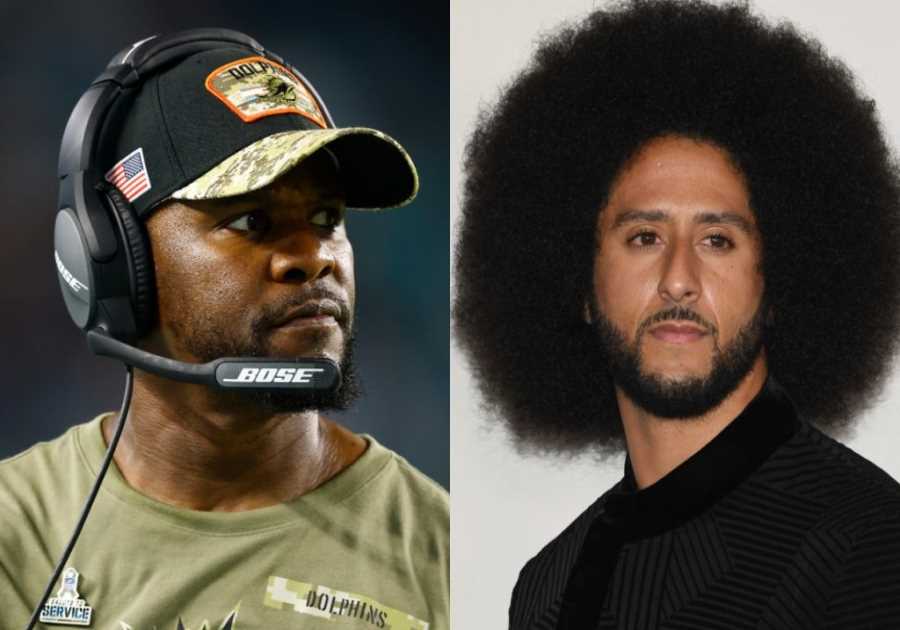
Although traditional advertising methods are still useful, small businesses can also turn to influencer marketing to attract new customers. Influencer marketing for small business involves enlisting the aid of social media personalities and industry experts who are willing to promote your product or service.
Social media influencers tend to have loyal followings, so they’re uniquely capable of pitching your small business to a larger audience. The potential results of influencer marketing include increased brand awareness, more sales and a boost in audience trust.
Of course, this all comes with a cost. You’ll need to compensate influencers for their work, especially if they’re producing lots of content. The potential return on investment can make it all worth it though. It’s easiest to track your ROI on Instagram Stories, YouTube videos and sponsored blog posts, according to Mediakix. However, influencer marketing efforts can encompass everything from Twitter and Facebook posts to live streaming events on Twitch.
No matter your business’ size, budget or niche, you can try out influencer marketing. You’ll find influencers who are experts in a variety of industries and specialize in different types of content creation. We’ve compiled a list of tips to help you get started with influencer marketing.
Know Your Small Business Goals
Having a clear goal or set of goals will help you determine the kind of influencers you’ll need to work with. As a small business, your primary goal might be to simply raise brand awareness. Or perhaps you’re more focused on increasing online engagement or promoting a specific product or event. Write down your objective, as well as ways to measure your progress toward that goal.
You can measure the growth of brand awareness by your audience size. Online engagement metrics can include the number of likes and comments on your posts. If you’re promoting a product or event, the number of sales can tell you whether you’re getting closer to your goal.
Also, consider timeframe. Do you want to hit your goal in a matter of weeks or months? Some influencers work so well with brands that they form long-term partnerships. In other cases, an influencer may only agree to a short, one-off campaign.
A 2018 IZEA survey found that 70 percent of companies used influencer marketing, and 73 percent of those companies had a budget dedicated to this approach. Overall, about 51 percent of companies had an influencer marketing budget. Some of those companies were willing to reserve millions of dollars for influencer campaigns.
As a small business owner, you’re probably not going to have that kind of cash. And that’s perfectly fine. The important thing is to dedicate some percentage of your budget to influencer marketing.
Know Where to Find Your Online Audience
You likely know your target audience. But do you know where to find that audience online? If you can match your target audience to specific social media networks, you’ll have an easier time finding relevant influencers. If you’re looking to market to Gen Z, you might turn to TikTok influencers. Older audiences, on the other hand, tend to use Facebook. Instagram, Twitter, YouTube, Twitch — get to know the demographics of each network before you start your influencer search. If you’re not sure where to start, consider which platforms your competitors are finding success on.
Partnering with influencers on as many social media networks as possible is a potential route. However, it’s an expensive strategy. You’ll likely end up increasing brand awareness among a broad audience. But what’s the point of reaching audiences who aren’t interested in your products or services? A targeted approach is ideal.
Choose an Influencer Type for Your Budget, Niche and Goals
Influencers are typically categorized by audience size. Mega- and macro-influencers have large audiences, while micro- and nano-influencers have smaller audiences. Popular influencers have better reach, so they can quickly spread the word about your brand with a single post or video. But they also demand higher pay for their work.
For a small business on a limited budget, micro- and nano-influencers are the way to go. These influencers are more affordable and tend to have excellent engagement rates — meaning they’re more likely to be more personable with their followers. They can help your business gain the trust of consumers and put a friendly face to your brand.
It’s important that the influencer you partner with matches your brand’s niche. A sports brand might want to work with a fitness influencer, and a kitchenware brand will want to look for a meal prep or cooking expert. This ensures the audience views the influencer’s endorsement as both credible and authentic.
A quick way to find influencers in your niche is to search for popular hashtags that are relevant to your brand. You can even run a search for social media users who are already talking about your specific products or brand.
Need a way to connect your small business with the surrounding community? Look for influencers who live in your hometown and have a local following. If you run a restaurant, you might be able to partner with a food blogger who reviews local diners. Or look for an Instagrammer who snaps pictures of local businesses and events. Search for hashtags that relate to your local area to find these types of influencers.
Influencer marketing platforms, such as IZEAx Discovery, can make your search easier. These platforms feature a database of influencers and a variety of useful search features to help your small business find a suitable match.
No matter how you decide to search for influencers, look for content creators who have styles, values and target audiences that overlap with your own. If you’re a family-friendly business with a bubbly persona, an edgy influencer who posts mature content isn’t the best match.
Once you’ve compiled a list of influencers you want to work with, it’s time to make contact. In an email or direct message, tell the influencer about your small business and your goals. Don’t just talk about yourself. Also, tell the influencer what you appreciate about their work and explain why a partnership would be beneficial.
If they express interest, ask if they have a media kit to share. The kit should include samples of their work as well as pricing.
Lay Out Content Expectations
One important point to convey in your message is the nature of your influencer partnership. Will you create content for them to share? Or do you want the influencer to act as a content creator and promoter? How often do you want them to post content, and on which platforms? Do they need to follow a particular style guide or include certain hashtags? The more work you ask of them, the more you’ll need to offer as compensation.
----------------------------------------
By: IZEA
Title: Influencer Marketing for Small Business: How to Get Started
Sourced From: izea.com/2021/05/26/smb-influencer-marketing/
Published Date: Wed, 26 May 2021 14:00:10 +0000
Read More








